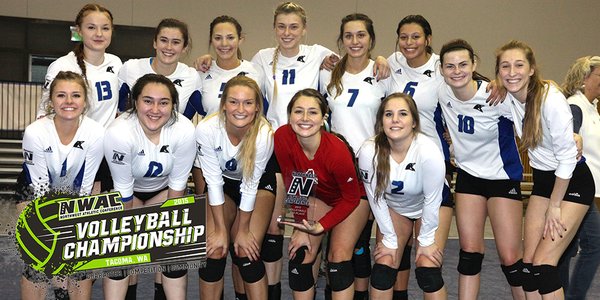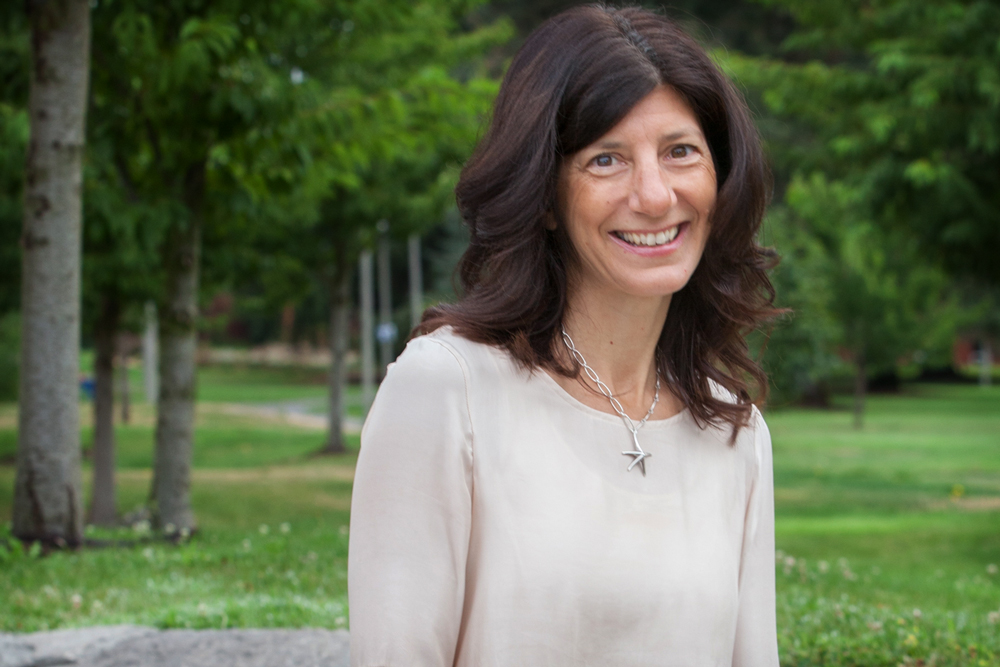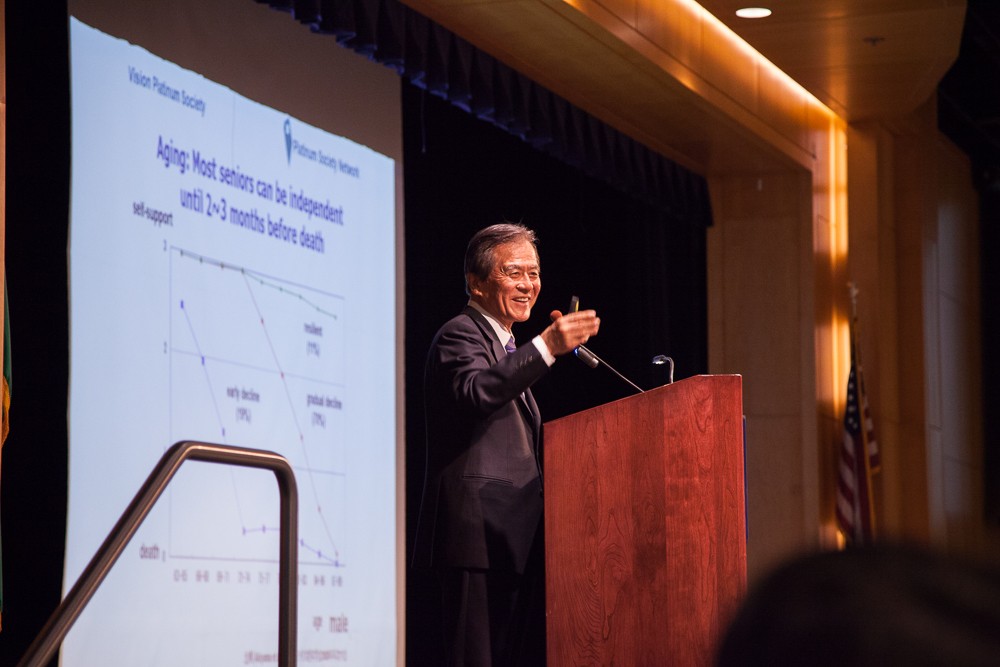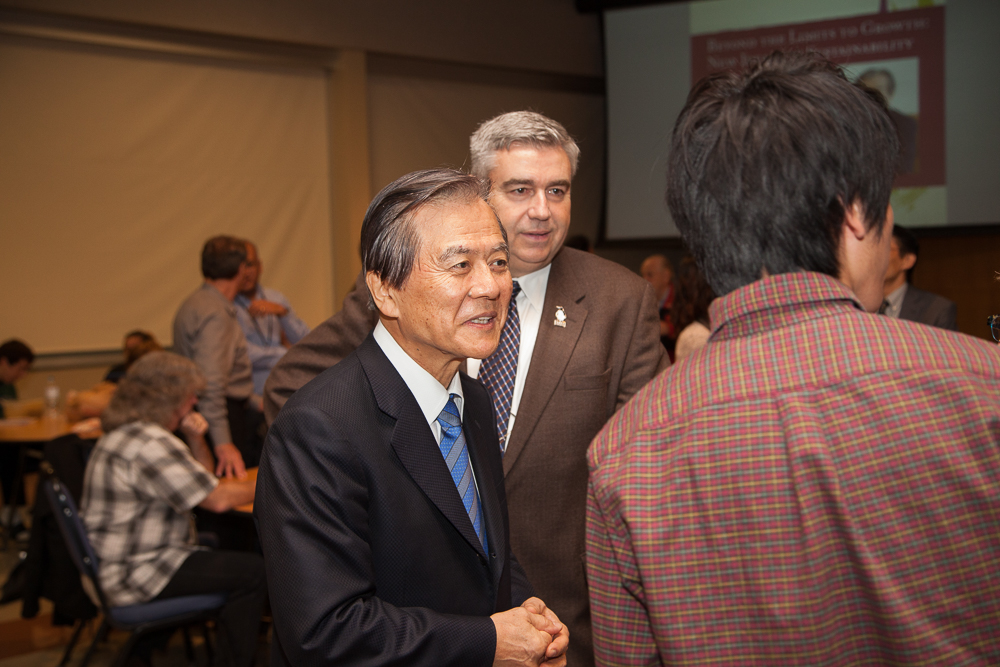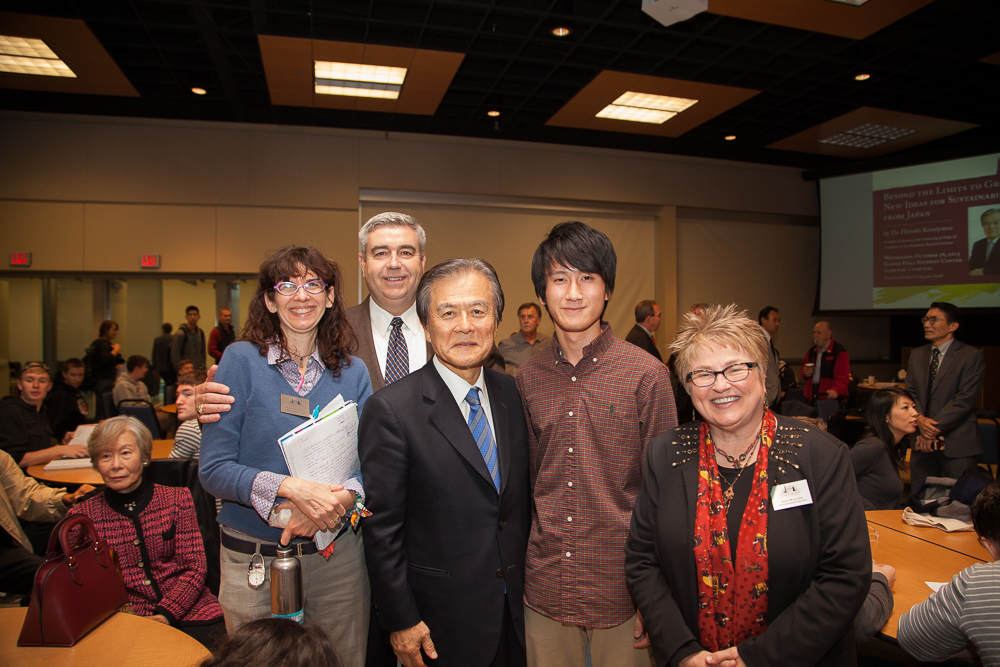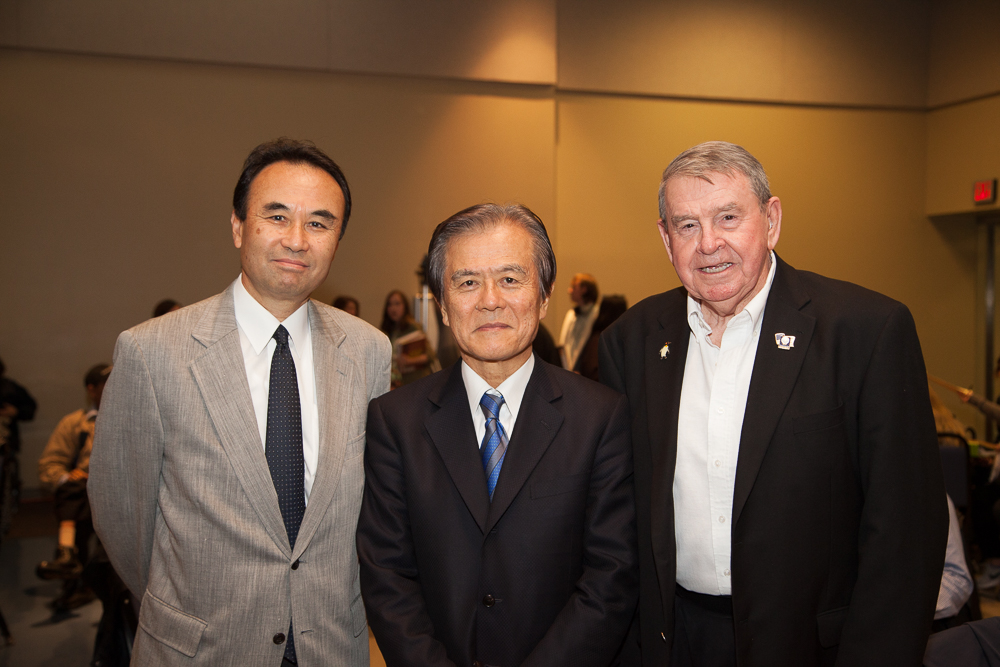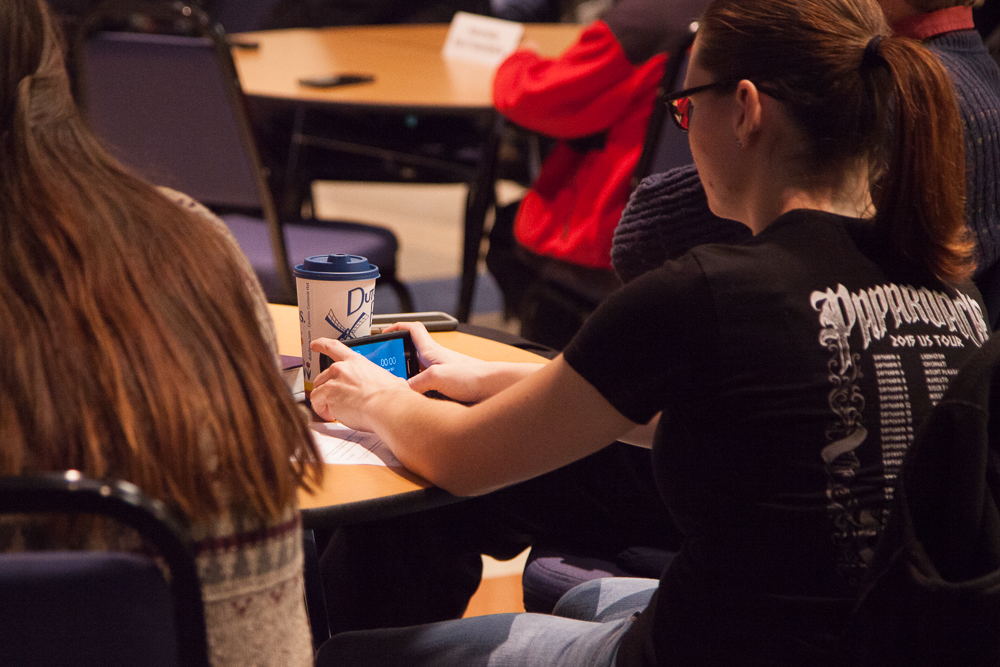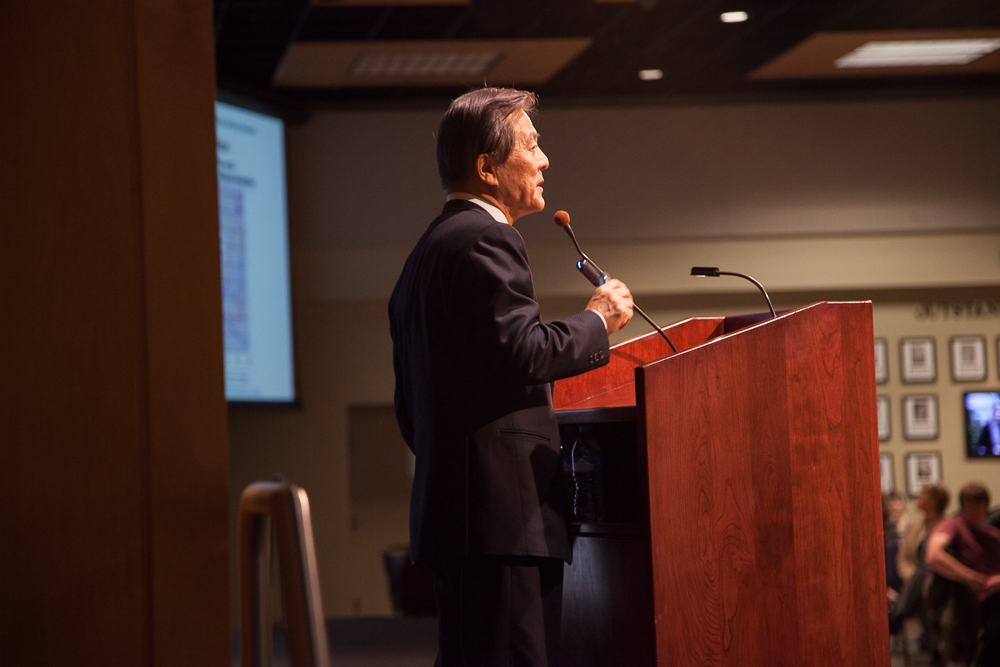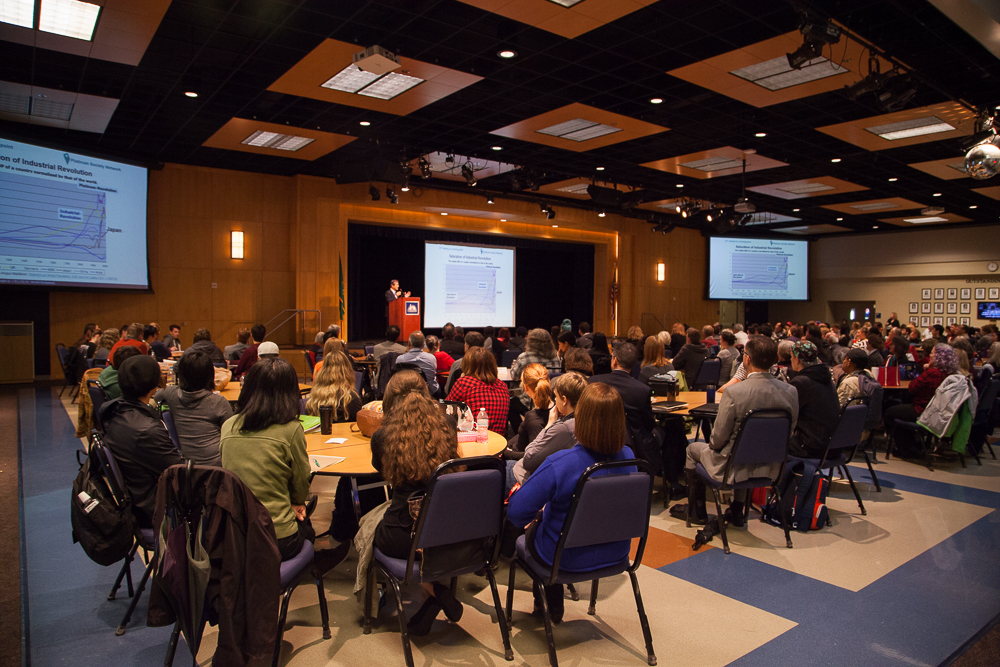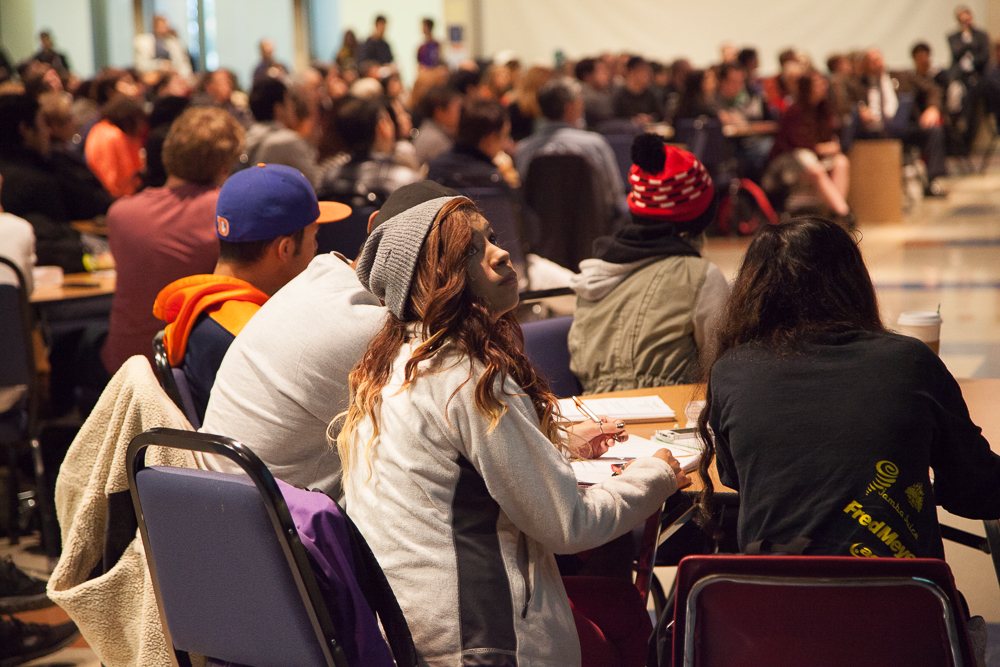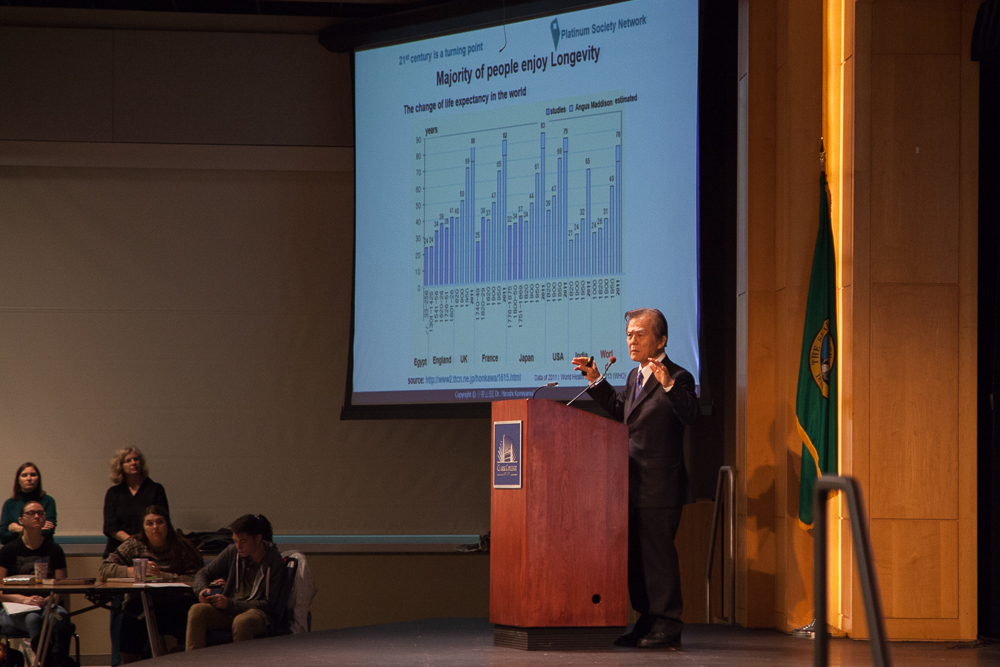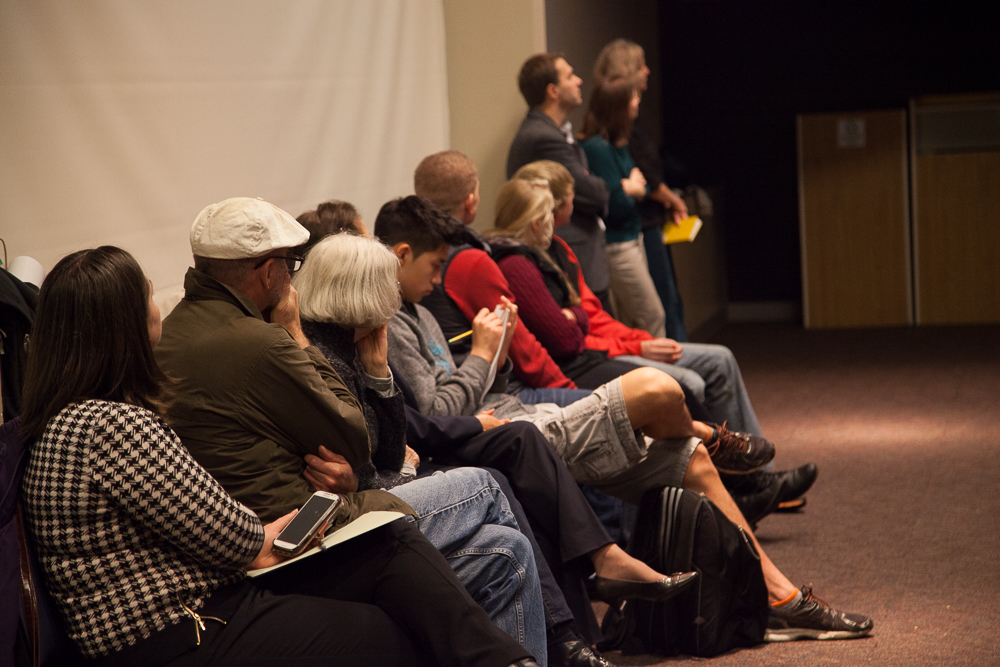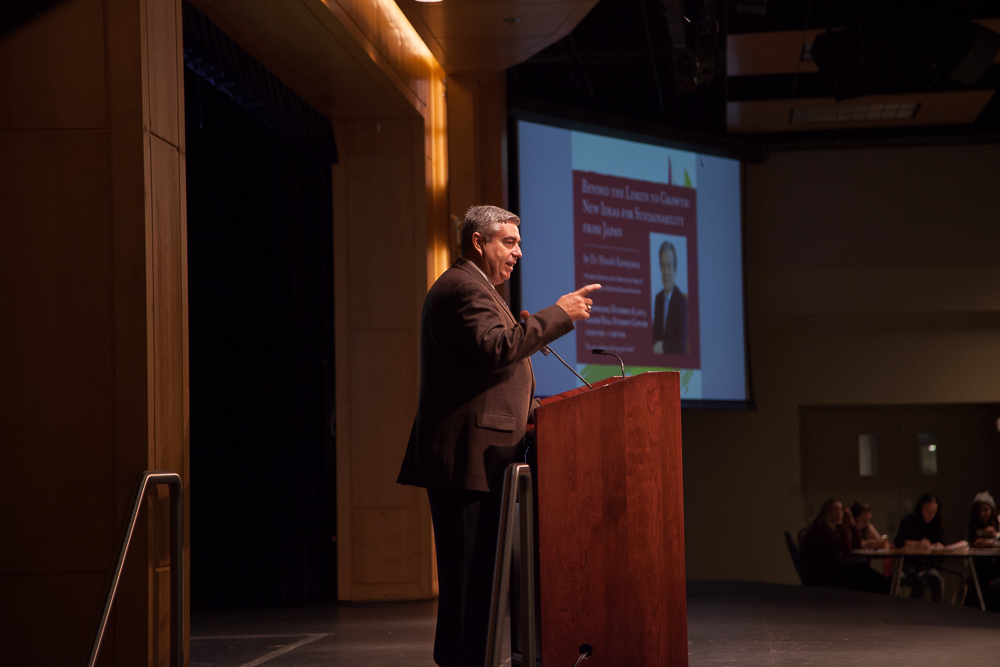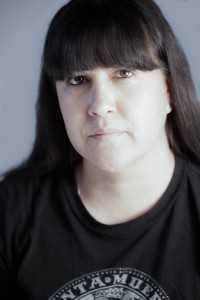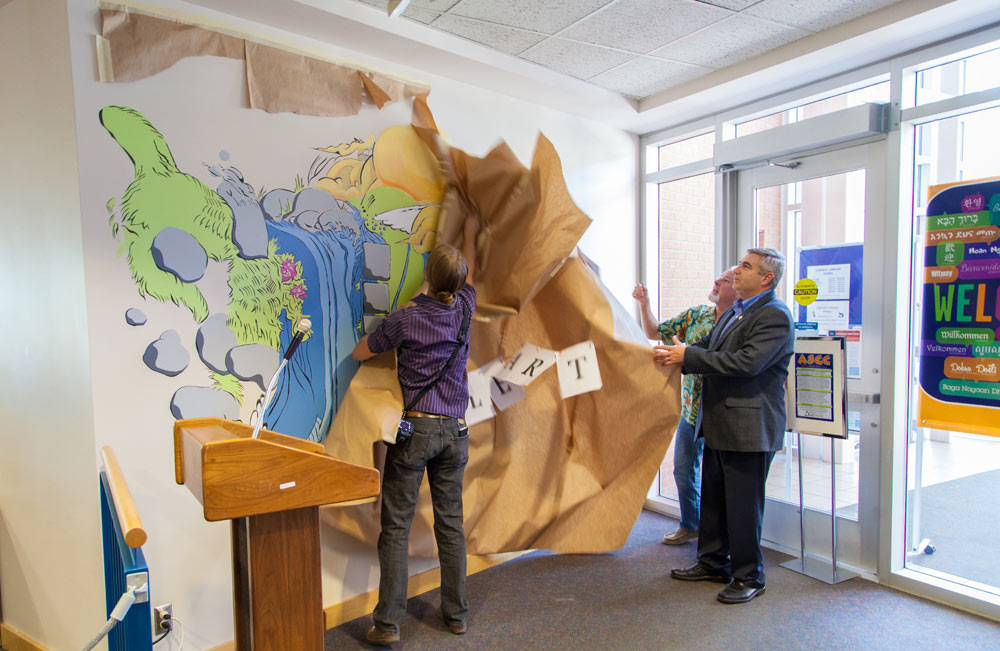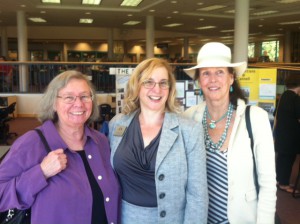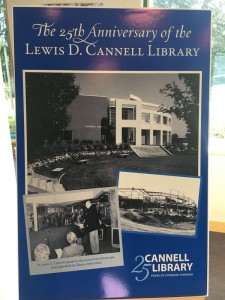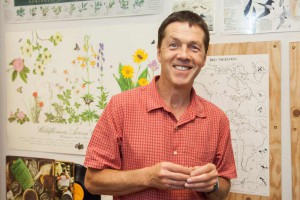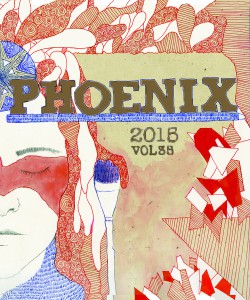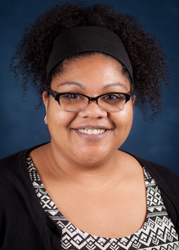Clark men’s basketball rolls in home opener
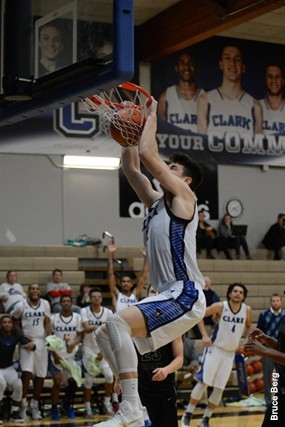
Clark College Penguin Miles Martin dunks during a Dec. 4 game against Wenatchee Community College. Photo: Bruce Berg
The Clark College men’s basketball team opened its home season with a wire-to-wire, 84-64 victory over the visiting Wenatchee Valley Knights on December 4.
The Penguins, who had previously relied on their hot shooting to create early leads, just couldn’t find the range from the field and only shot 33 percent from the floor and 32 percent from 3. The shooting woes frustrated the Penguins, which led to some uncharacteristic fouls and turnovers as the team pressed early in the game. The Penguins committed 27 fouls, which led to 34 free-throw attempts for Wenatchee.
“Games like that are good to go through,” Head Coach Alex Kirk said following the win. “No one in that locker room feels good about our performance, but we found a way win despite not being at our best. There’s a lot to learn from this type of performance.”
It certainly wasn’t all bad for Clark College, as the Penguins had four players in double figures, led by Micah Paulson‘s 19 points on 6-10 shooting. Bryan Berg added 13, Eris Winder Jr. added 11, and Aubrey Stephens added 10. Additionally, Glenn Baral had another great overall performance: 6 points, 10 rebounds, 2 blocks, 3 assists, 0 turnovers and only 1 foul.
Led by Baral’s 10 rebounds, the Penguins out-rebounded the Knights from Wenatchee Valley 52-43, en route to a 17-5 advantage in second chance points. During the evening, the Penguins had 17 offensive rebounds, their highest number to date. “The guys really crashed the offensive glass hard tonight,” a pleased Coach Kirk said, looking at the stat sheet. “In that area, this was definitely our best effort thus far this season.”
Additionally, the Penguins had 14 steals and forced 21 overall turnovers on the evening, which led to a 16-8 advantage in points off of turnovers. While Clark’s outside shooting touch wasn’t as efficient as had been previously, the Penguins still outscored the Knights 30-9 in points off of threes.
Perhaps the greatest strength thus far for the Penguins has been their depth, and once again the Clark bench proved to be a huge weapon. Clark’s bench dominated the Knights 38-22 in bench scoring. Aubrey Stephens, Devon Hawkins and David Baze all provided huge contributions throughout the game, especially on the defensive end, where they frustrated Wenatchee all night long.
Next up for the Penguins will be Concordia JV on Thursday, December 10. Tip is at 7 p.m. at the O’Connell Sports Complex.
